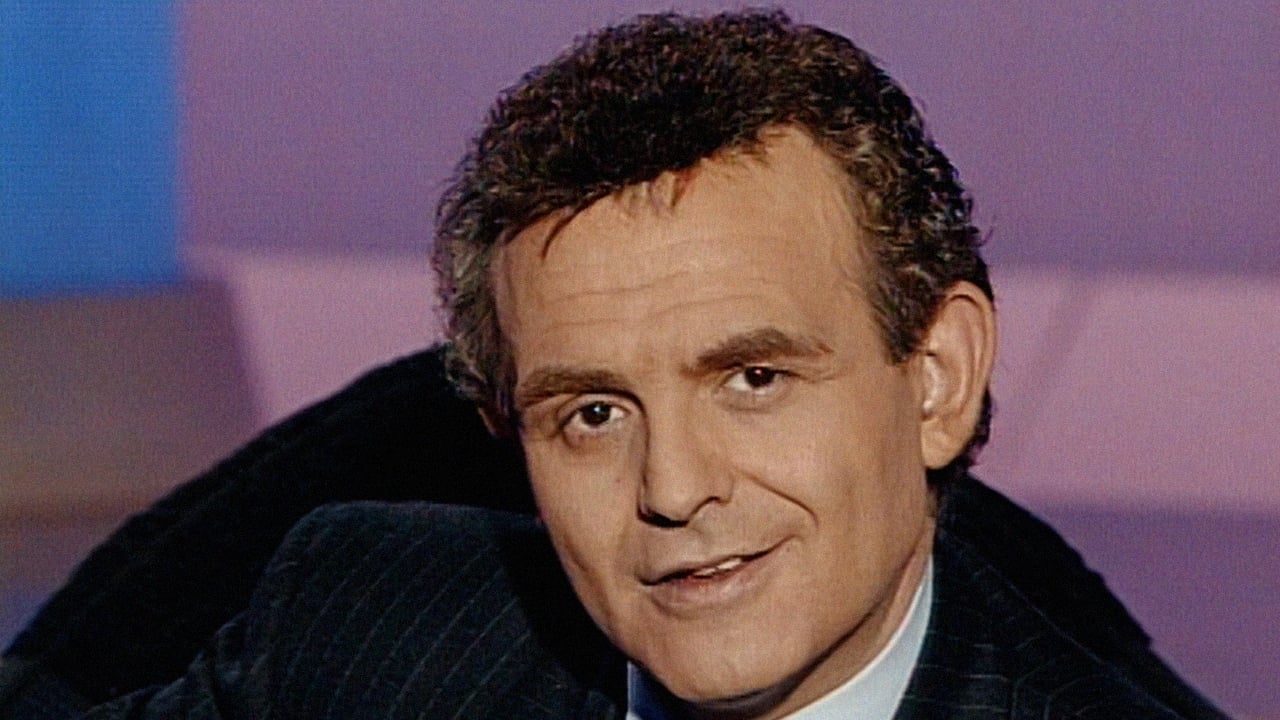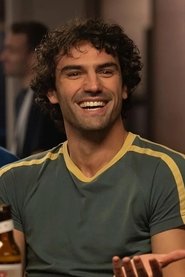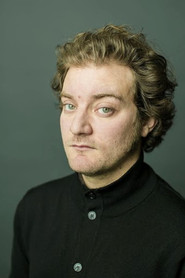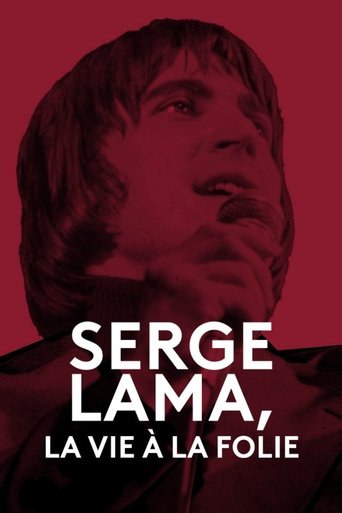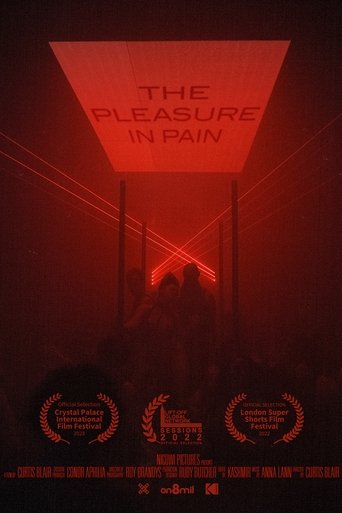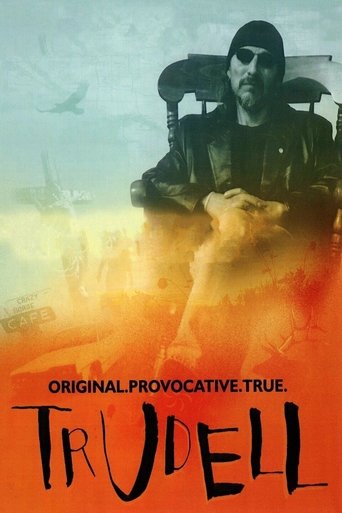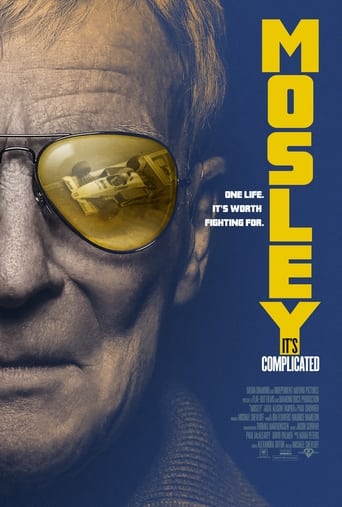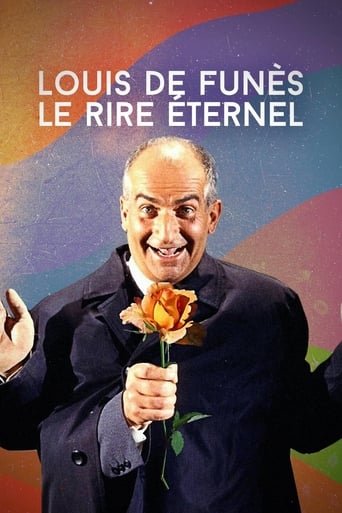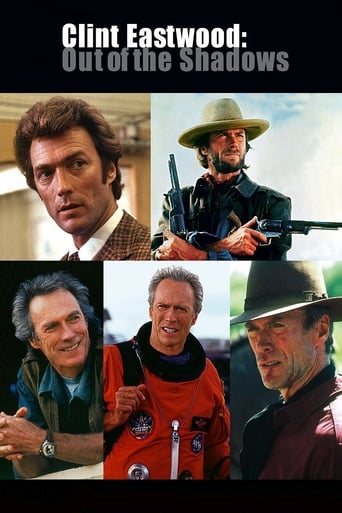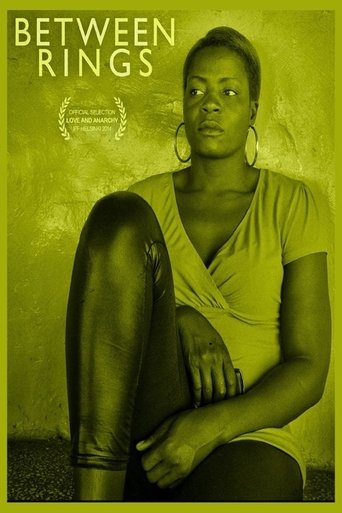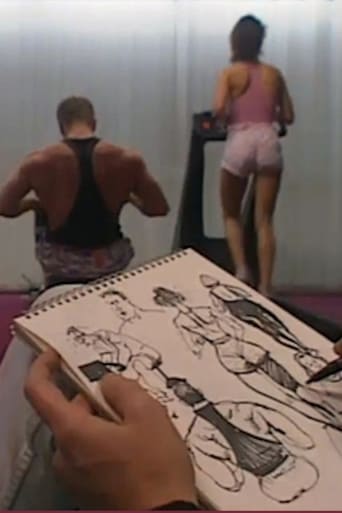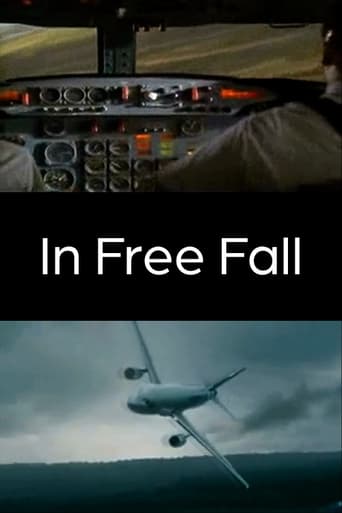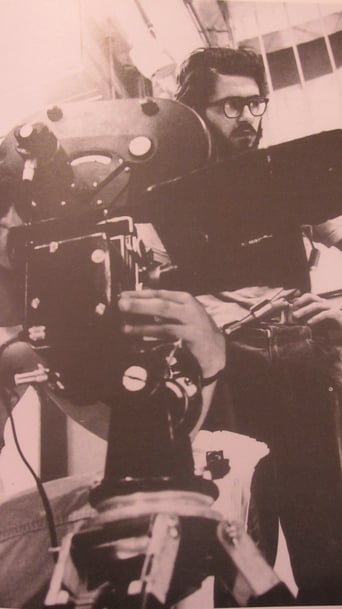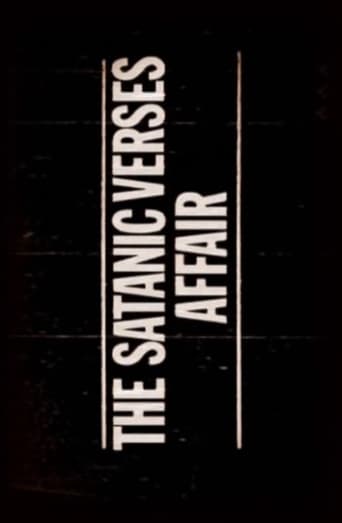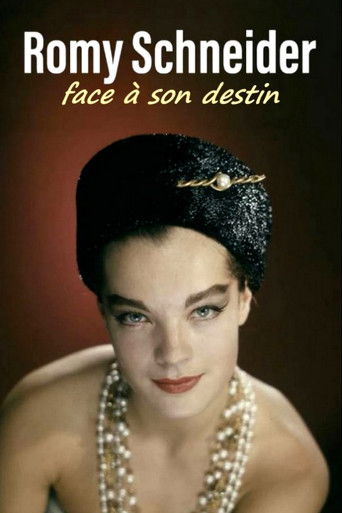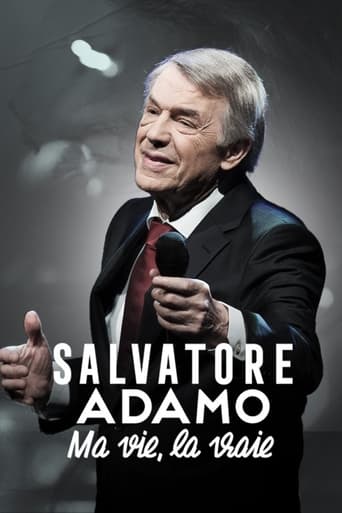
01 Sep 2022

Salvatore Adamo, ma vie, la vraie
He has sold 120 million albums since 1960, that is to say more than 60 years of career and more than 7000 concerts all over the world, but Salvatore Adamo remains humble, concerned about others, his family and his public. Can one write a story with so many good feelings? Without a doubt, he brings to those who follow him always a deep peace and joy. In this documentary, Salvatore Adamo tells the story of his career and his special relationship with his audience. To the sound of his most beautiful melodies, he confides without taboo on his musical journey, his inspirations and his musical and artistic universes in a broad sense.
